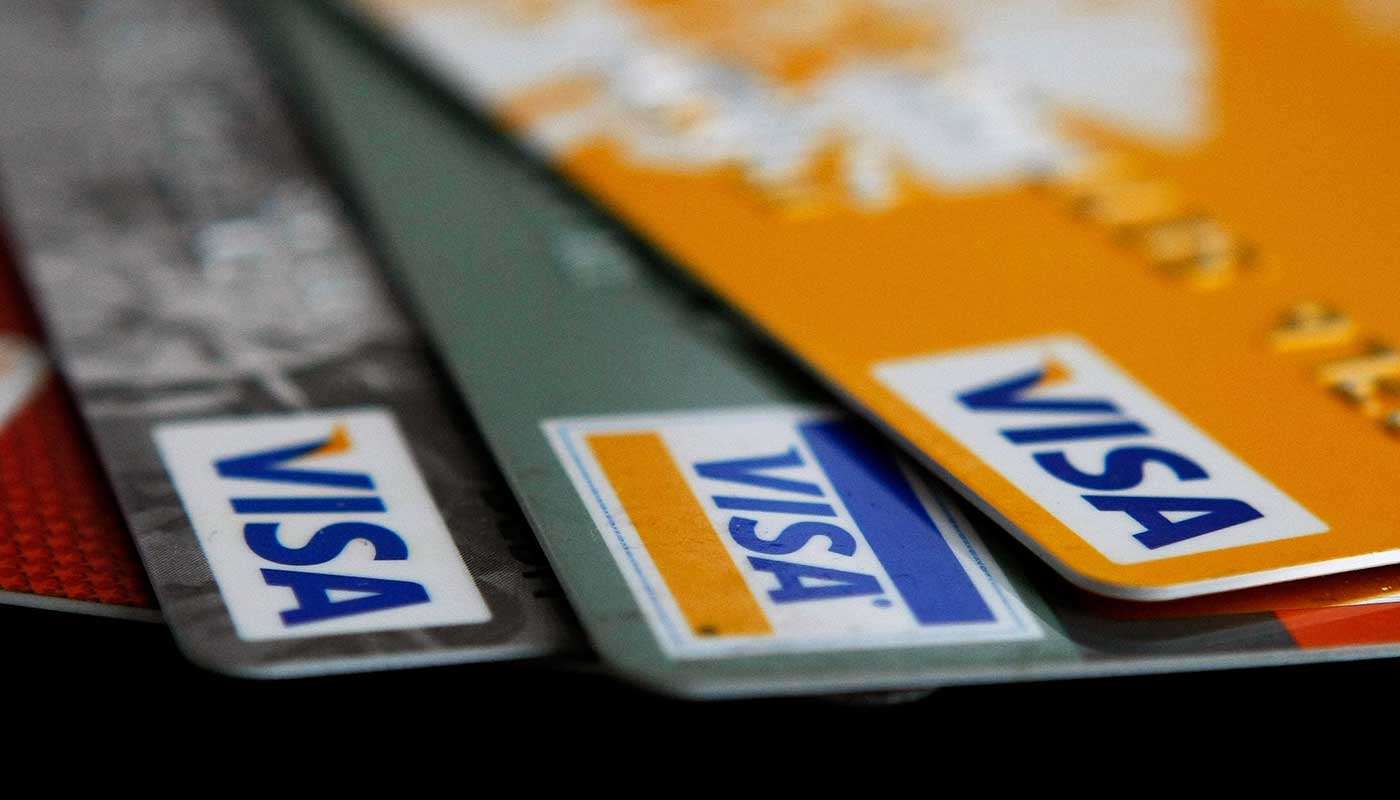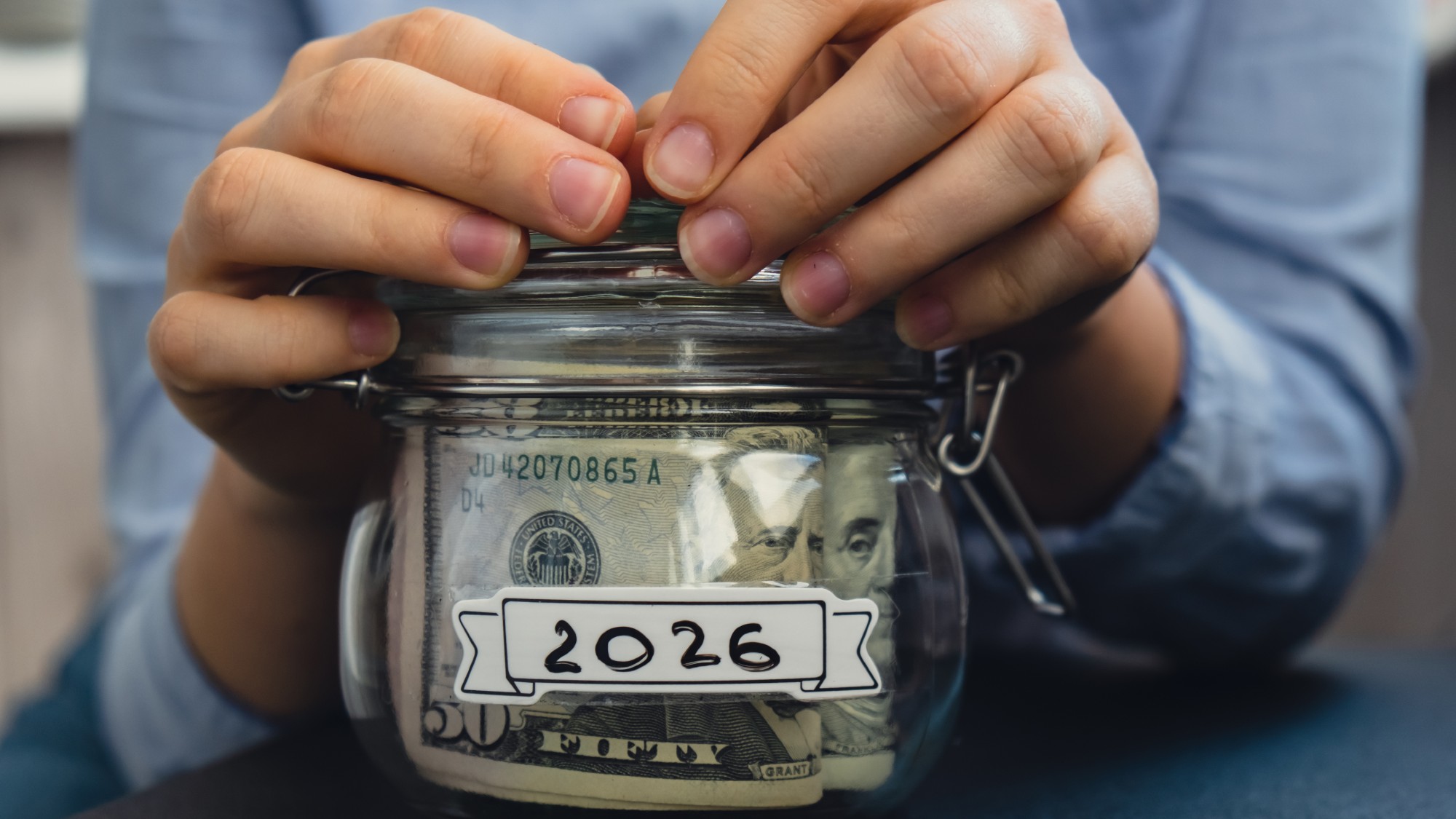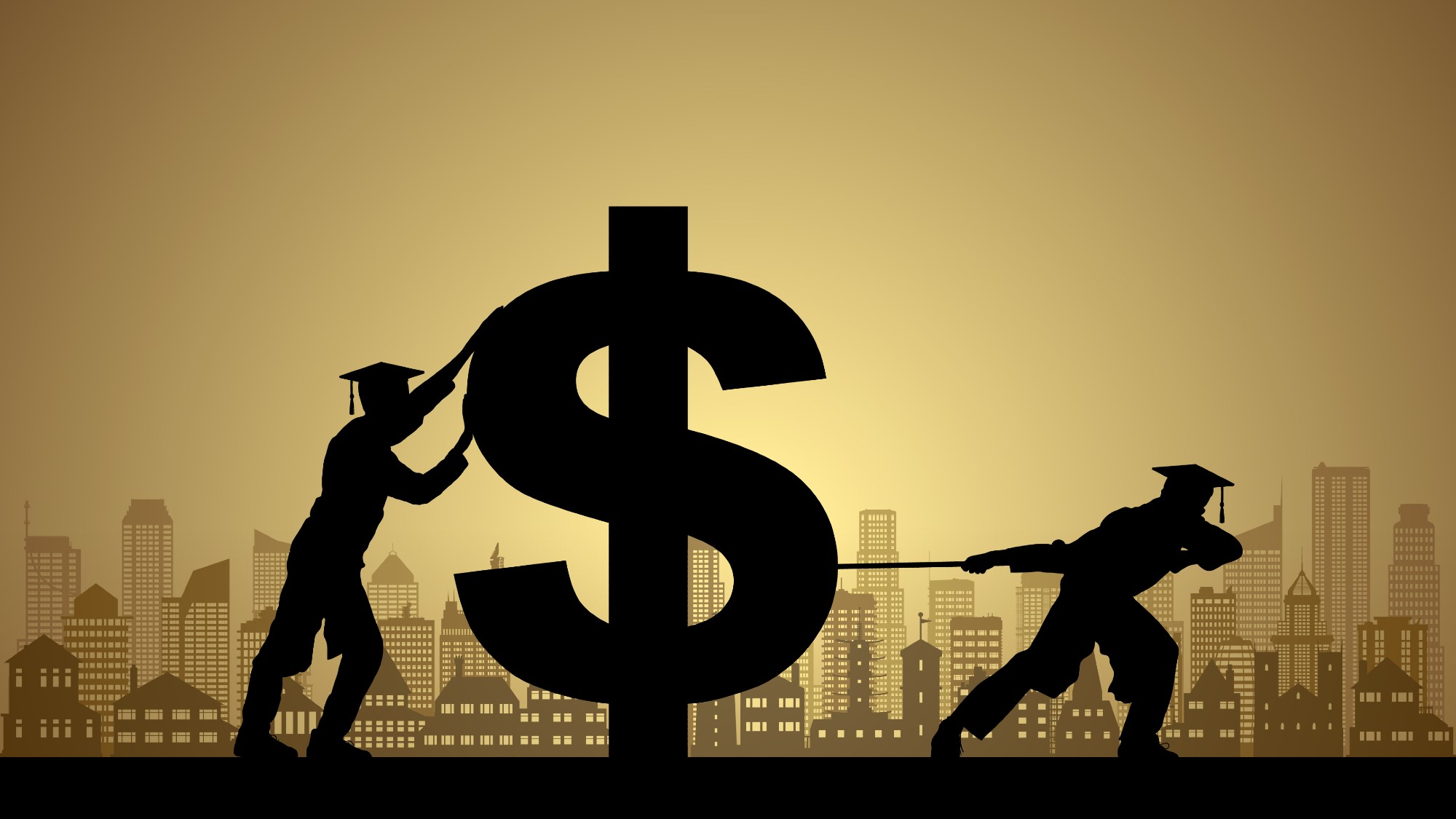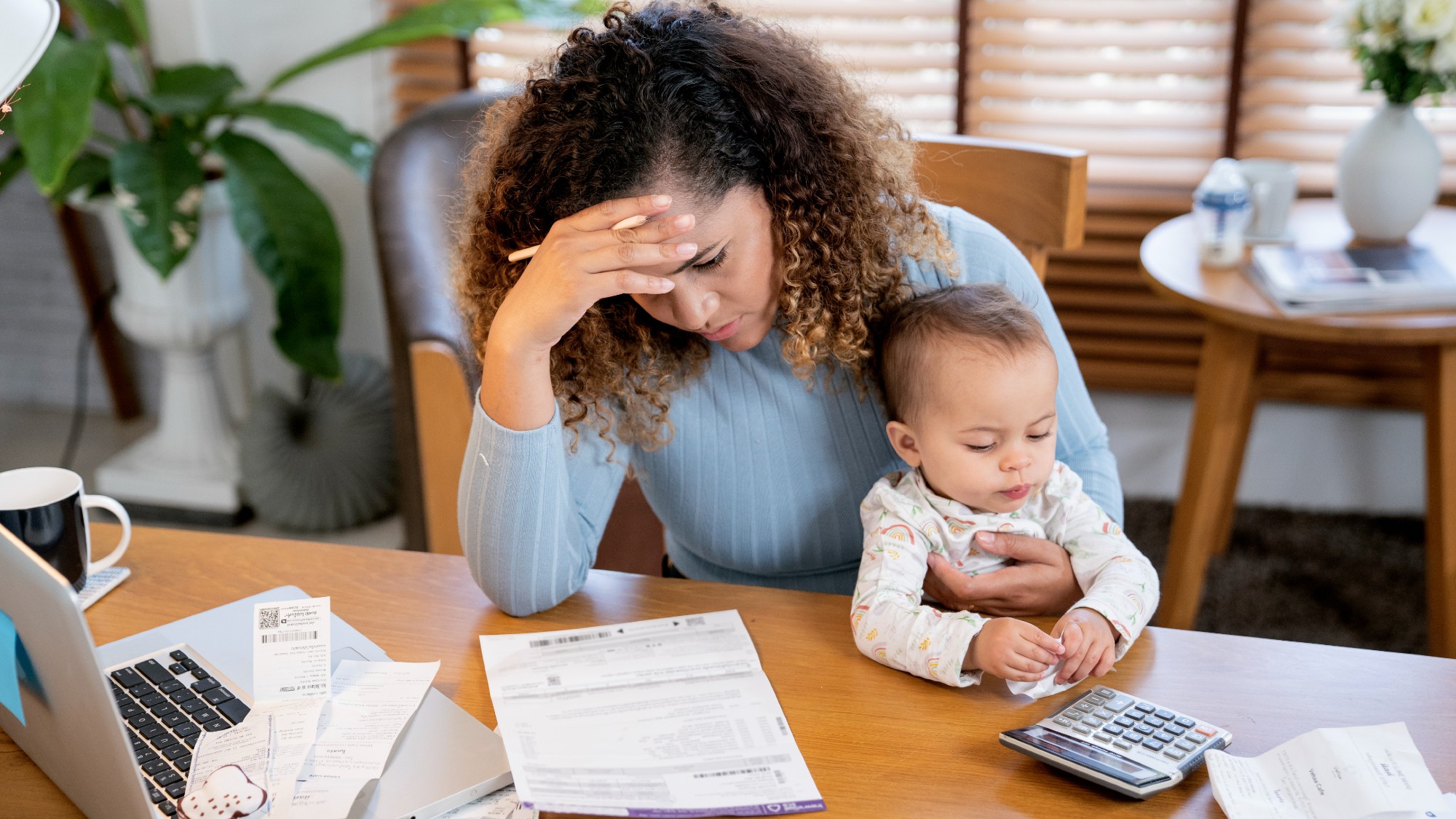UK credit card debt soars: a worrying new trend?
People borrowed £1.5bn on credit cards in February, the highest monthly amount since records began

A free daily email with the biggest news stories of the day – and the best features from TheWeek.com
You are now subscribed
Your newsletter sign-up was successful
UK consumers borrowed a record amount on credit cards in February, prompting one economist to speculate that the economic recovery “is about to shift down a gear”.
Data published by the Bank of England showed that individuals borrowed a net £1.5bn on credit cards, the highest monthly amount since records began in 1993, noted This Is Money.
The figure was more than three times higher than the average of £400m borrowed in the previous six months, pushing total consumer credit, which includes personal loans and car dealership finance, to £1.9bn net - the highest level in five years.
The Week
Escape your echo chamber. Get the facts behind the news, plus analysis from multiple perspectives.

Sign up for The Week's Free Newsletters
From our morning news briefing to a weekly Good News Newsletter, get the best of The Week delivered directly to your inbox.
From our morning news briefing to a weekly Good News Newsletter, get the best of The Week delivered directly to your inbox.
Meanwhile, the latest fortnightly survey by the Office for National Statistics found that 12% of respondents were using credit cards more than usual to cope with increased prices in the first half of March. The proportion rose to 18% for those aged 30 to 49 and to 21% among renters.
The Financial Times noted that although consumer borrowing is usually considered “a measure of spending growth”, with inflation at a 30-year high and falling consumer confidence, some believe it is a sign of consumers “falling into debt to maintain their standard of living”.
“The big rise in consumer borrowing in February likely reflects households attempting to maintain their consumption at a time when real disposable income is falling sharply, rather than them going on a spending spree,” said Samuel Tombs, chief UK economist at consultancy Pantheon Macroeconomics.
He added that the figures “suggest that the economic recovery is about to shift down a gear”.
A free daily email with the biggest news stories of the day – and the best features from TheWeek.com
Thomas Pugh, UK economist at the accountancy firm RSM UK, agreed, saying the latest figures “suggest that consumers are increasingly borrowing more to protect their lifestyles from the surge in inflation”.
However, said The Guardian, some experts believe the increase in credit card spending, which followed the lifting of restrictions related to the Omicron variant, might show a renewed confidence among consumers before Russia’s invasion of Ukraine.
Paul Dales, the chief UK economist at the consultancy Capital Economics, said: “It is more likely that households had the confidence to borrow and spend a bit more and/or were willing to use borrowing/savings to smooth their spending.”
Therefore, predicted Dales, “the economy may have a bit more near-term momentum than we thought”.
Anti-poverty charities remain concerned. Joanna Elson, the chief executive of the Money Advice Trust, the charity that runs National Debtline and Business Debtline, said the figures provide “an indicator of the underlying challenges households face in meeting the growing cost of living”.
Calling on Rishi Sunak to provide more help for under-pressure householders, she added: “Our concern is that more people will be pushed to credit to cover rising bills, which could be storing up problems further down the line when repayments are due.”
Chas Newkey-Burden has been part of The Week Digital team for more than a decade and a journalist for 25 years, starting out on the irreverent football weekly 90 Minutes, before moving to lifestyle magazines Loaded and Attitude. He was a columnist for The Big Issue and landed a world exclusive with David Beckham that became the weekly magazine’s bestselling issue. He now writes regularly for The Guardian, The Telegraph, The Independent, Metro, FourFourTwo and the i new site. He is also the author of a number of non-fiction books.
-
 The ‘ravenous’ demand for Cornish minerals
The ‘ravenous’ demand for Cornish mineralsUnder the Radar Growing need for critical minerals to power tech has intensified ‘appetite’ for lithium, which could be a ‘huge boon’ for local economy
-
 Why are election experts taking Trump’s midterm threats seriously?
Why are election experts taking Trump’s midterm threats seriously?IN THE SPOTLIGHT As the president muses about polling place deployments and a centralized electoral system aimed at one-party control, lawmakers are taking this administration at its word
-
 ‘Restaurateurs have become millionaires’
‘Restaurateurs have become millionaires’Instant Opinion Opinion, comment and editorials of the day
-
 How to juggle saving and paying off debt
How to juggle saving and paying off debtthe explainer Putting money aside while also considering what you owe to others can be a tricky balancing act
-
 4 ways to streamline your financial life in 2026
4 ways to streamline your financial life in 2026the explainer Time- and money-saving steps
-
 Who will the new limits on student loans affect?
Who will the new limits on student loans affect?The Explainer The Trump administration is imposing new limits for federal student loans starting on July 1, 2026
-
 What’s the best way to use your year-end bonus?
What’s the best way to use your year-end bonus?the explainer Pay down debt, add it to an emergency fund or put it toward retirement
-
 Can medical debt hurt your credit?
Can medical debt hurt your credit?The explainer The short answer is yes, though it depends on the credit scoring mode
-
 4 signs you have too much credit card debt
4 signs you have too much credit card debtthe explainer Learn to recognize the red flags
-
 The FIRE movement catches on as people want to retire early
The FIRE movement catches on as people want to retire earlyIn the spotlight Many are taking steps to leave the workforce sooner than usual
-
 How to ditch ‘buy now, pay later’ debt
How to ditch ‘buy now, pay later’ debtthe explainer Recent changes mean BNPL will soon affect your credit score